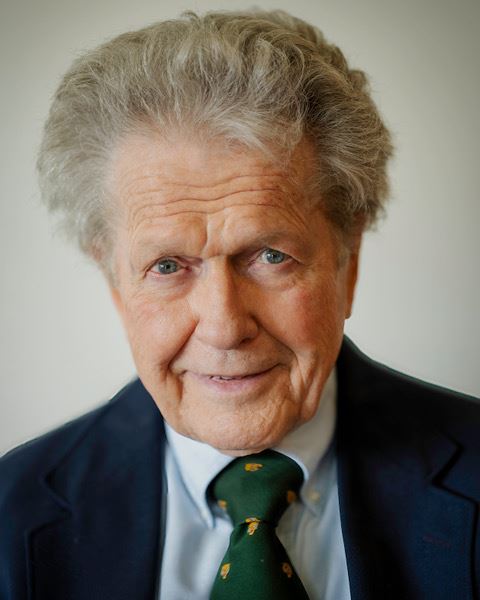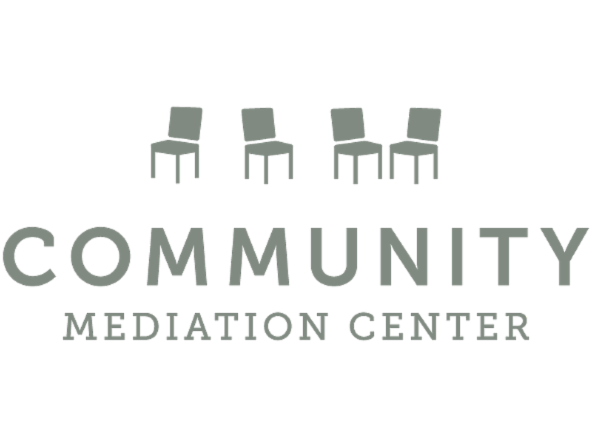
Nominations Are Open for the 2025 Grayfred Gray Public Service in Mediation Award
This Award is named after Emeritus Professor Grayfred Gray. During his 28 years on the faculty at the University of


This Award is named after Emeritus Professor Grayfred Gray. During his 28 years on the faculty at the University of

The Community Mediation Center (CMC) in Knoxville, TN is a 501c3, chartered in 1994. We provide volunteer court mediation services